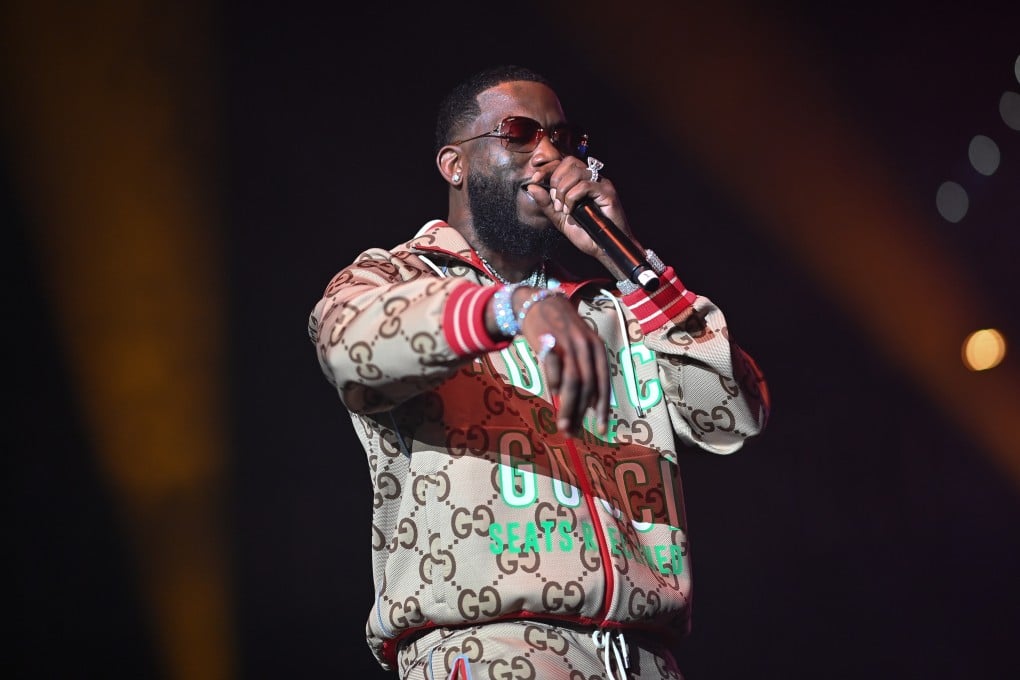High fashion and hip hop: how Gucci, Louis Vuitton, Dior and more became central to rap, from Kanye West to Cardi B
- ‘Gucci’ has become a slang term for excellence within hip-hop culture. During the 2010s, mentions of the brand and other fashion houses exploded in rap music
- This is part of a wider integration of fashion and hip hop, with artists from A$AP Rocky to Travis Scott increasingly collaborating with top fashion houses

“Gucci” is everywhere – but not in the way you might expect. Rather than the Italian fashion house’s garments and accessories being ubiquitous, it is the name itself that has risen to mainstream prominence in recent years as a slang word.
When it mentioned “Gucci” in its Words We’re Watching section in September 2018, English dictionary Merriam Webster said it “is used as an adjective generally to mean ‘fancy, very fashionable’; ‘good, fine’; ‘great, excellent.’”
The word has increasingly featured in hip-hop lyrics over the past decade, but rap’s journey towards “Gucci” started at the genre’s very inception, with the 1980 Sugarhill Gang hit “Rapper’s Delight”. In this song – widely credited as giving birth to hip hop – dressing well is a prominent theme, with rapper Big Bank Hank boasting, “You see I got more clothes than Muhammad Ali and I dress so viciously”.
It wasn’t too long after this benchmark moment that Gucci was referenced by MC Schoolly in his song “Gucci Time” (1985), in which the rapper says, “Lookin’ at my Gucci, it’s about that time/For MC Schoolly D to start hummin’ a rhyme.”

Fast forward a couple of decades, and hip hop and Gucci have only become more intertwined, with nods towards the brand an increasingly regular occurrence throughout the 2010s.